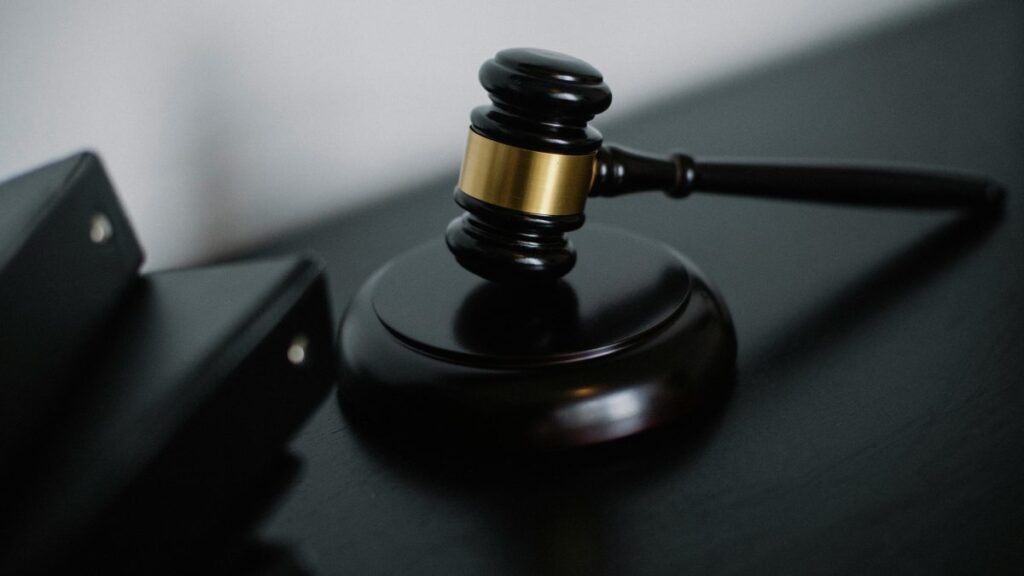In a landmark ruling, the Nairobi High Court has ordered that the name of a teenager, originally assigned a female gender at birth, be legally changed to a male name. This decision comes after the teenager, whose physical characteristics are now predominantly male, petitioned the court to amend their birth certificate in order to facilitate registration for the Kenya Primary School Education Assessment (KPSEA) exams.
The case was heard by High Court Judge Chacha Mwita, who issued interim orders to the Attorney General, directing the Registrar of Persons to expedite the name change. The court emphasized that the teenager should not be prevented from registering for the exams due to discrepancies between their gender identity and the name on official documents. The decision also comes amid growing discussions around gender identity, legal recognition, and the rights of transgender and intersex individuals in Kenya.
Representatives for the teenager argued that the minor had been assigned a female name at birth, but now identifies with male attributes, making it necessary to update the official records to reflect their current gender. The court’s ruling was a crucial step towards ensuring that the teenager’s right to education is not hindered by the misalignment of personal identity and legal documents.
Additionally, the ruling has wider implications for the rights of intersex individuals in Kenya, who continue to face discrimination and lack of legal recognition. Seven petitioners, including human rights advocates and intersex individuals, have brought a case before the court seeking protection of intersex rights. They argue that intersex people are frequently subjected to violations of their basic rights, such as denial of medical care, harassment, and exclusion from educational institutions.
In their petition, the claimants highlighted that intersex minors often face discrimination in schools, leading to interruptions in their education, while adults are frequently targeted for harassment or even arrest due to inconsistencies between their physical appearance and the gender on their identity documents. The petitioners are asking the court to mandate the Kenyan government to take action to safeguard the rights of intersex persons and ensure that they are afforded the same dignity, privacy, and legal recognition as any other citizen.
The court has given the respondents, including the Attorney General and other government bodies, 14 days to respond. The matter is set to return to court on November 11, 2025, for further proceedings.

